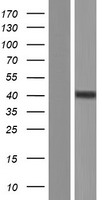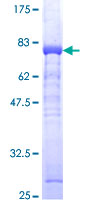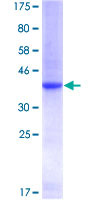order histories, retained contact details for faster checkout, review submissions, and special promotions.
Forgot password?
order histories, retained contact details for faster checkout, review submissions, and special promotions.
Locations
Orders Processing,
Shipping & Receiving,
Warehouse
2 Shaker Rd Suites
B001/B101
Shirley, MA 01464
Production Lab
Floor 6, Suite 620
20700 44th Avenue W
Lynnwood, WA 98036
Telephone Numbers
Tel: +1 (206) 374-1102
Fax: +1 (206) 577-4565
Contact Us
Additional Contact Details
order histories, retained contact details for faster checkout, review submissions, and special promotions.
Forgot password?
order histories, retained contact details for faster checkout, review submissions, and special promotions.
ADK / Adenosine Kinase
adenosine kinase
Adenosine kinase (ATP: adenosine 5-prime-phosphotransferase) is an abundant enzyme in mammalian tissues that catalyzes the transfer of the gamma-phosphate from ATP to adenosine, thereby serving as a regulator of concentrations of both extracellular adenosine and intracellular adenine nucleotides. Adenosine has widespread effects on the cardiovascular, nervous, respiratory, and immune systems and inhibitors of ADK could play an important pharmacological role in increasing intravascular adenosine concentrations and acting as antiinflammatory agents. There are 2 ADK transcripts that encode a 345-amino acid form and a 362-amino acid form of the enzyme. These 2 alternately spliced forms differ only at the 5-prime end, where the first four encoded residues of the short form are replaced by 21 residues in the long form. When expressed, both isoforms of the enzyme phosphorylated adenosine with identical kinetics and both required Mg2+ for activity.
| Gene Name: | adenosine kinase |
| Synonyms: | ADK, Adenosine 5-phosphotransferase, Adenosine kinase, AK |
| Target Sequences: | NM_006721 NP_006712.2 P55263 |







If you do not find the reagent or information you require, please contact Customer.Support@LSBio.com to inquire about additional products in development.









